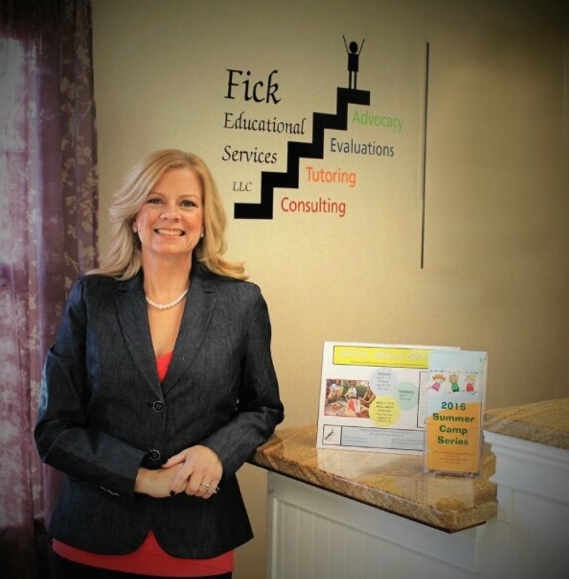Choosing the right school for your child is a big decision and one that parents often struggle with. Parents of children with special needs face an even bigger decision because of the need to find a place with the right specialized services and one where their child feels comfortable. Our goal here is to briefly summarize the types of schools to hopefully aid you as you think about what is best for your family.
Public Schools
There is no cost and they are legally required to provide FAPE (Free and Appropriate Public Education). They will also provide free evaluations for suspected learning difficulties. Some possible downsides are that class sizes are larger and curriculum is inflexible.
Charter/Magnet Schools
These are also public schools so there is no charge to you, they are often more specialized than traditional public schools, and have smaller class sizes. On the flip side, these schools do not guarantee admittance and typically use a lottery system and you could find it more difficult to work with school personnel.
Private Schools
You can choose either a school that is state-approved or one that is not. We will discuss only state-approved ones here. They must follow a child’s IEP (Individualized Educational Plan), tuition is paid by the district, class sizes are smaller, and they have specialized staff. Downsides are that children must be placed by the district which is a complex process and you cannot private pay.
Homeschooling
Parents have full control of their child’s educational experience, children are still eligible to receive therapy support and resources from the school district and are allowed to participate in district clubs and sports. Homeschooling can be socially isolating, the scope may go beyond parental expertise, and record keeping can be difficult and time consuming.
Specialized schools
These schools allow children to meet other kids similar to them, curriculum can be tailored to meet a child’s needs, they typically are more receptive to parental concerns, and provide more one-on-one support for children. Possible downsides of these schools are the expense, they are not bound by public education laws, and they may have limited extracurricular programs (gym, art, sports, etc.).
As you can see, each type of schooling has very definite pros and cons and parents need to carefully investigate their options to find the right fit. If you’re feeling overwhelmed or feel your child isn’t thriving in their current situation, we can help! We know what is available in our area, can make recommendations based on your child’s specific set of needs, and can even aid you in getting your child placed into a particular school.

 Fick Educational Services is devoted to the educational needs of the children through individualized learning plans, tutoring and advocacy.
Fick Educational Services is devoted to the educational needs of the children through individualized learning plans, tutoring and advocacy.

